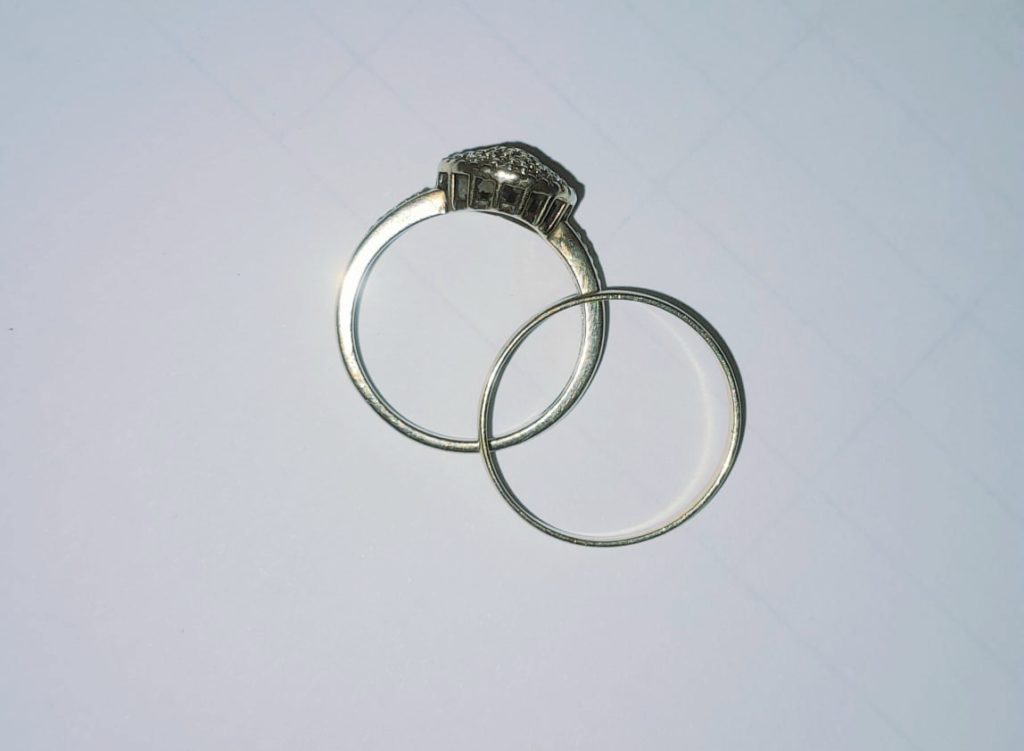By Amahle-amanzima Mazibuko
A recent post made by TikTok creator, Tefelo Mathabe, sparked controversy when it landed on X (formerly Twitter) where she discussed hook up culture and the dangers of sleeping around in your 20s.
Tefelo creates content about lifestyle, make- up and giving advice to young girls ranging from hygiene tips to relationships. In the video she speaks to both young women and men on why hook up culture is getting out of hand and “doing it for the plot” has its consequences.
On X, the discourse divided the users into two groups, those that agreed with the sentiments of the video emphasised on the fact that a person decreases in ‘value’ when they have more than one sexual partner, the main demographic that agreed with that view point were men.
The second group found her stance to be very hypocritical because the creator is a 22-year-old who lives with her boyfriend. Those with the opposing stance also cited that her video underscores a level of misogyny and polices women’s bodies and threatens their sexual liberation.
X user and political commentator Mpho Moalamedi talked about how purity culture is the reason behind this whole discourse. She said, “Purity culture doesn’t care about how many times you’ve ‘sinned’, you’re judged the same.”
A recent report released by the Human Sciences Research Council (HSRC) titled Cultural Rites of Passage: The Experience of South African Girls and Women. The report highlights some cultural practices that women are meant to undergo to prove their purity, and how some of these customs can be considered harmful by the SAHRC. These practices put heavy emphasis on virginity being a symbol of being good, and the goal in most cases is for these women to marry ‘well’
Marriage in most of the South African traditions is a natural passage in adulthood and it is meant to bring honour to your family. For example, in Zulu culture, during the lobola negotiation process there is a cow Ingquthu (a cow gifted to the mother for birthing a pure woman) that is paid by the groom only if the bride gets married and she is still a virgin.
A recent report by Stats SA on marriages and divorces, 2025 highlights that the median age of people tying the knot is increasing, the current median age of marriage is 34 in women and 38 in men, which shows that more people are focusing on careers and independence before tying the knot.
The shift in women’s perspective towards marriage has been ‘alarming’ to a lot of men, particularly those who engage in red pill content. Marriage as an institution has always been about power, which has always been an advantage to men. With women empowering themselves, men lack the power.
Although, the shift in the way young people perceive marriage is a positive one, especially for young women. We cannot deny that purity culture is deeply embedded in our society. Young women feeling the need to be conservative and align themselves to misogynistic ideals to be deemed good and “marriage material”, does not change a very simple fact, which is: No woman
is safe under patriarchy.

